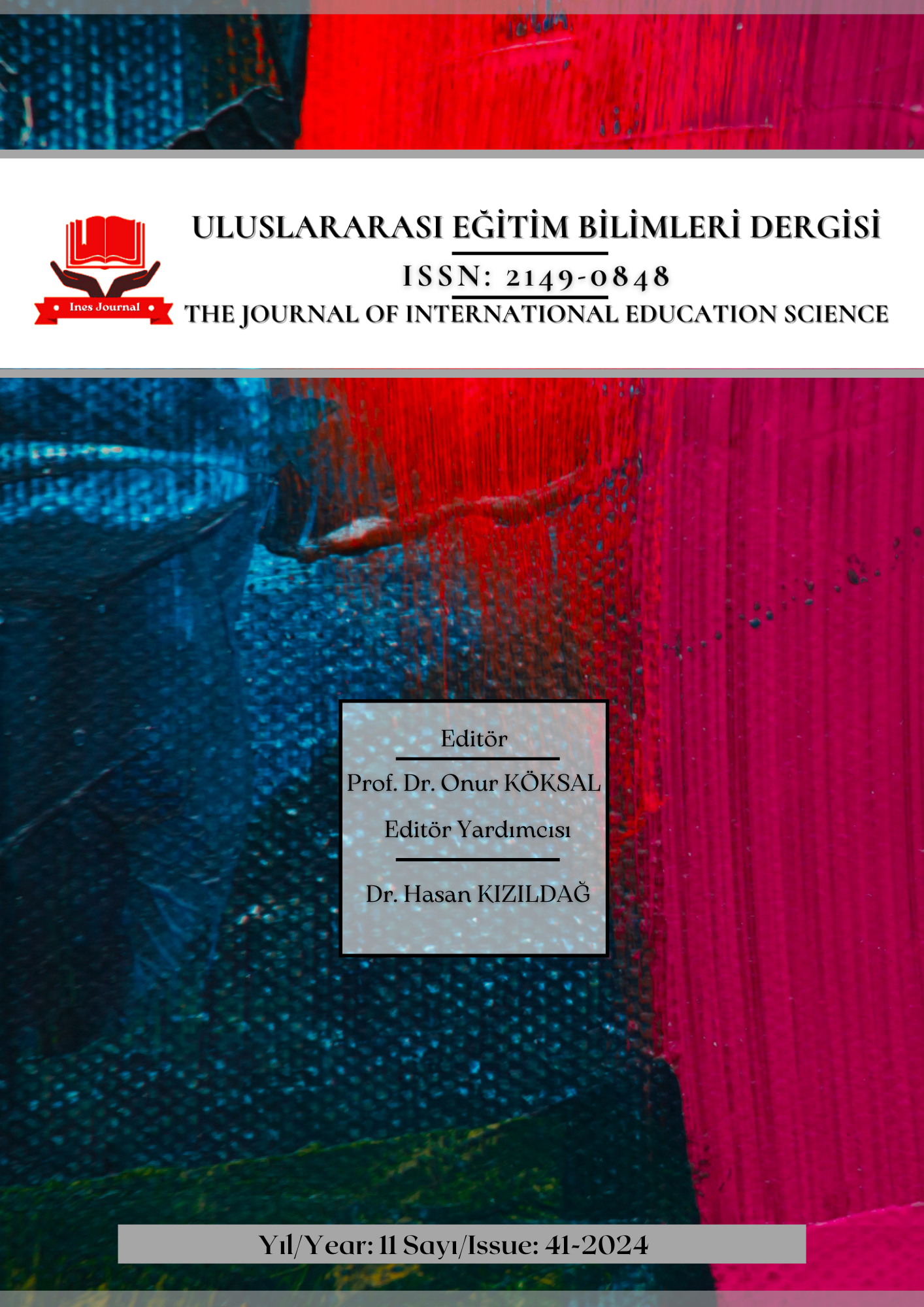Author :
Abstract
Uygulamaya dayalı bir öğrenme etkinliği olarak sözlü çeviri eğitimi, günümüzde internet üzerinden de yürütülen bir faaliyet olarak ortaya çıkmaktadır. Sözlü çeviri eğitimi alan öğrenciler, hem yüz yüze hem de çevrimiçi bir sınıf ortamında pratik yaparak kendilerini geliştirmektedir. Çevrimiçi ortamın büyük ölçüde entegre olduğu sözlü çeviri eğitimi alanını ele alan bu çalışma, teknolojinin beraberinde getirdiği etik endişeleri ve zorlukları incelemeyi hedeflemiştir. Yapılan literatür incelemesiyle üç temel husus ön plana çıkmıştır: Öğrenme çıktılarının eşitsizliği, fiziksel mesafenin bulunması ve teknolojik altyapının yetersizliği nedeniyle eğitmenin öğrenciye yönelik duygusal desteği sağlayamaması ve hem eğitmen hem de öğrenci için gizlilik ilkesinin eksikliği. Çalışma, üniversitelerin öğrencilere bilgisayar destekli sözlü çeviri aracı, kulaklık, mikrofon, kesintisiz bir internet bağlantısı ve sanal gerçeklik sağlayan yeni bilgisayarlar sağlamasının; öğrencinin sözlü çeviri performansını izleyerek hataları tespit eden, başarılarını vurgulayan ve anında olumlu geri bildirim veren bir yapay zeka öğretim asistanının olmasının; son olarak hem eğitmenin hem de öğrencinin verilerinin sanal dünyadaki kişiselleştirilmiş araziler/alanlar aracılığıyla güvence altına alınmasının faydalı olacağı yönde birtakım öneriler ileri sürmüştür. Teknolojiyle el ele gitmenin, geleneksel çözümlere geri dönmeye çalışmaktan daha avantajlı olduğu düşünülmektedir.
Keywords
Abstract
Interpreter training, which is a practice-based learning activity, is now conducted over the internet. Students receiving interpreter training improve themselves by practicing in both face-to-face and online classroom environments. This study, which addresses the field of interpreter training, aims to examine the ethical concerns and challenges brought about by technology. Three main issues have come to the forefront through the literature review: inequality of learning outcomes, the inability of the instructor to provide emotional support to the student due to the existence of physical distance and inadequate technological infrastructure, and the lack of confidentiality for both the instructor and the student.The study suggests that providing new computers generating virtual reality with computer-assisted interpreting tools, earphones, microphones, and a stable internet connection for universities; having an AI teaching assistant to detect errors and highlight achievements by watching the interpreting performance of the student and giving immediate positive feedback for emotional support; and securing the data of both the instructor and the student through personalized lands in the virtual world can be helpful. It is thought that going hand-in-hand with technology is more advantageous than trying to turn o back to the traditional solutions.





